There are certain houseplants that, despite their beauty, can have negative effects on our health, especially at night. As such, there are some plants that should not be kept in the bedroom, no matter how aesthetically pleasing they may be.
1 Should You Keep Houseplants in the Bedroom?
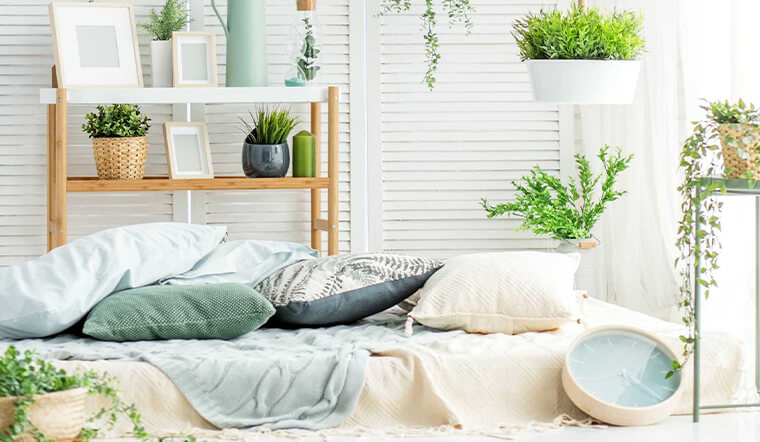 Is it advisable to have houseplants in the bedroom?
Is it advisable to have houseplants in the bedroom?
Many people enjoy decorating their bedrooms with flowers or houseplants, as they bring a sense of freshness and positive energy to the space. However, not all flowers or plants are suitable for display in the bedroom.
Given the enclosed and sometimes limited space of bedrooms, placing strongly scented flowers in the room can impact your health, as they may simultaneously release toxic substances.
Additionally, at night, plants absorb oxygen from the air and release carbon dioxide and water vapor to generate energy for their survival. Hence, it can be quite dangerous to have flowers or houseplants in the bedroom, especially if the room is sealed, as you may experience suffocation.
Although having flowers or greenery in the bedroom can impact your health, you can still decorate with small-leaved plants or those with light green leaves to add a touch of nature to the room, if that is your preference.
2 10 Houseplants to Avoid in the Bedroom
Lily
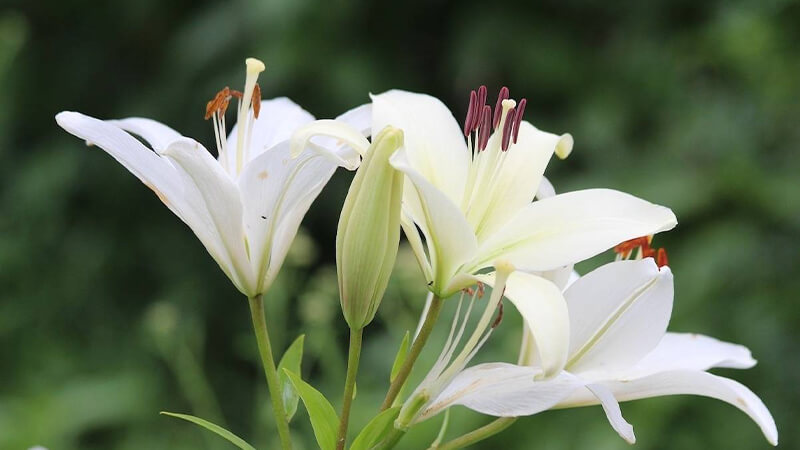 Lily
Lily
Lilies emit a very strong fragrance at night, which can cause over-excitement and lead to insomnia if inhaled in large quantities. Therefore, it is best to avoid keeping lilies in the bedroom.
Rose
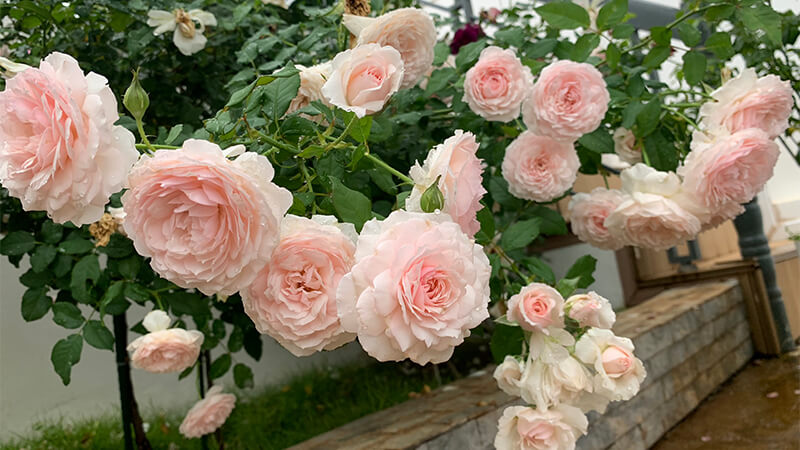 Rose
Rose
Roses have a rather strong scent that can hinder respiration and cause discomfort if smelled at night.
Various Types of Cypress
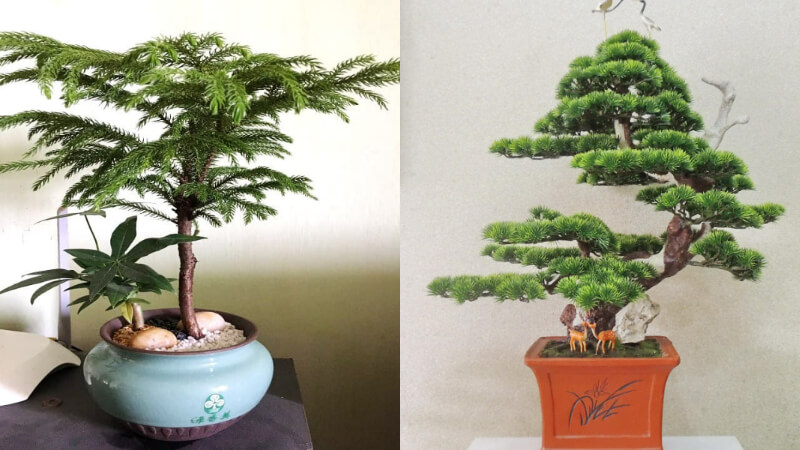 Various Types of Cypress
Various Types of Cypress
The fragrance of these plants strongly stimulates the stomach and intestines, affecting digestion. Moreover, they can cause pregnant women to feel agitated, confused, chest tightness, and nausea.
Hydrangea
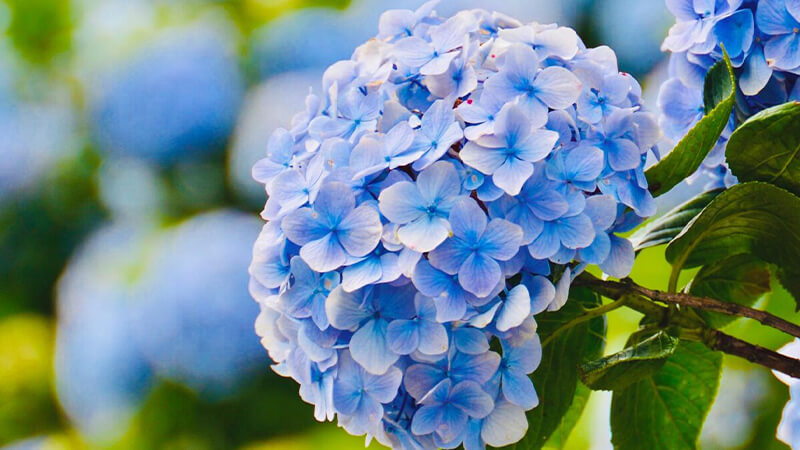 Hydrangea
Hydrangea
Human skin can develop allergies if exposed to the small pollen grains dispersed by hydrangeas. Thus, it is not advisable to place hydrangeas in the bedroom.
Night-Blooming Jasmine
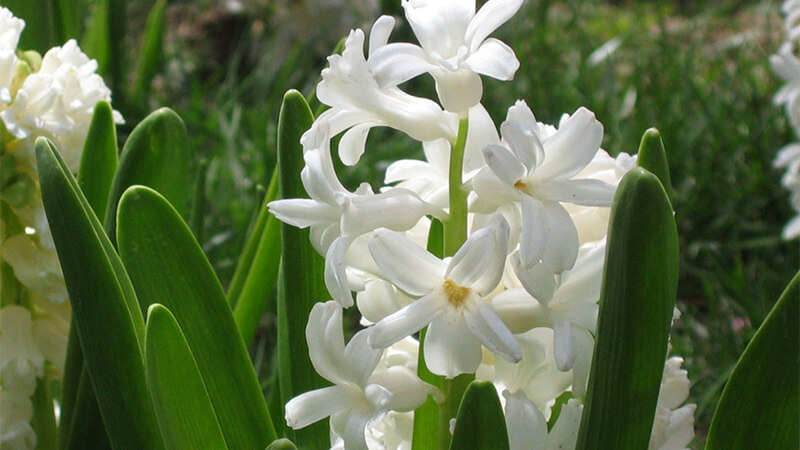 Night-Blooming Jasmine
Night-Blooming Jasmine
Night-blooming jasmine releases a large number of small particles that stimulate the sense of smell at night. People with high blood pressure or heart disease may experience dizziness, discomfort, and even a worsening of their condition if exposed to its fragrance for too long.
Orchid
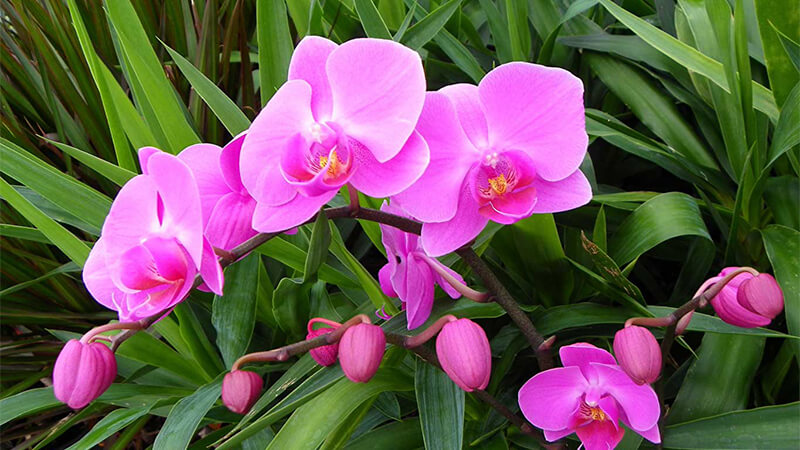 Orchid
Orchid
Although orchids are beautiful, their fragrance at night can cause over-excitement and insomnia. Therefore, it is best to avoid displaying orchids in the bedroom to promote better sleep.
Peach Palm
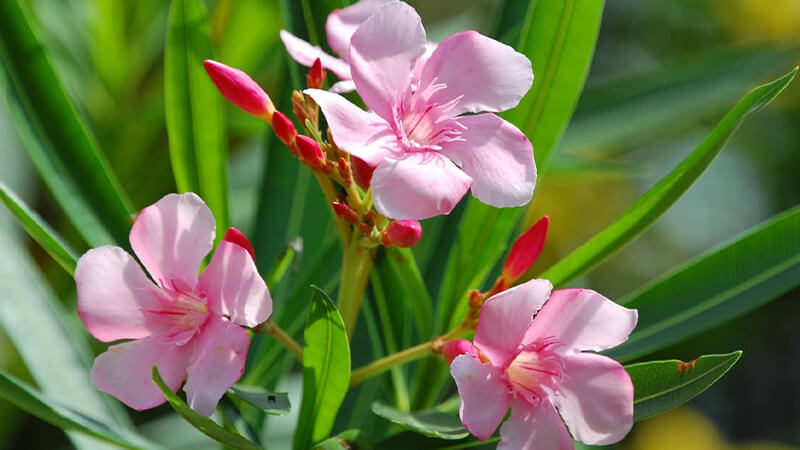 Peach Palm
Peach Palm
The stem of the peach palm contains a milky-white liquid, which is also a toxin that can cause dizziness and vertigo. Prolonged exposure may lead to memory loss.
Tulip
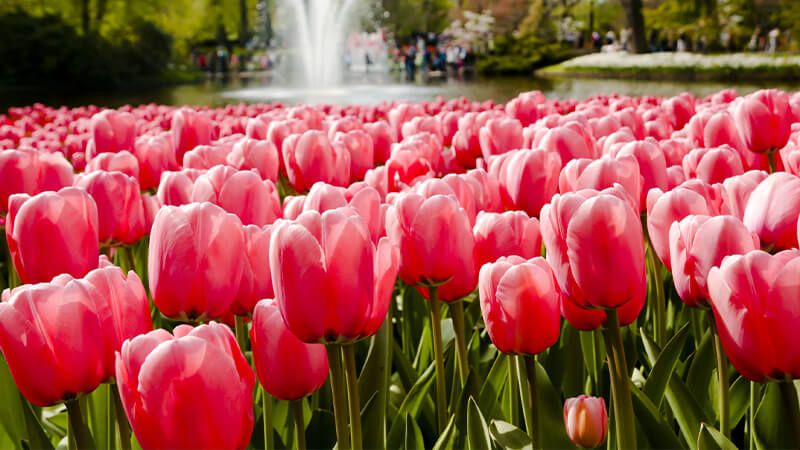 Tulip
Tulip
The stigma of the tulip contains a toxic substance that can cause hair loss with prolonged contact.
Bupleurum
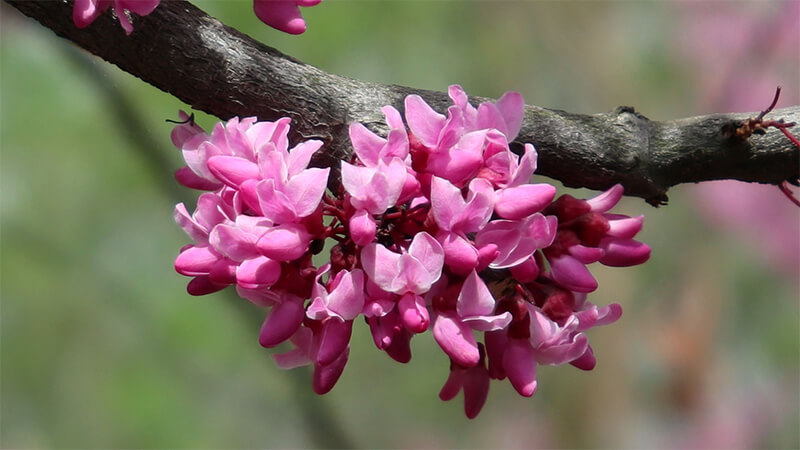 Bupleurum
Bupleurum
Prolonged exposure to the pollen of bupleurum can aggravate asthma or cough. Therefore, this flower should not be kept in the bedroom.
Primrose
 Primrose
Primrose
Although primrose has a pleasant fragrance and attractive appearance, keeping it in the bedroom can stimulate the sense of smell at night. Inhaling its fragrance for too long can lead to high blood pressure, heart disease, dizziness, and blurred vision.
Instead, place the plant on the balcony or in the yard, as it can help repel mosquitoes in these areas.
We hope you found this information useful and that it helps you choose the right plants to decorate your bedroom.
1. Orchids – while beautiful, they release carbon dioxide at night.
2. Peace Lilies – known to cause skin and eye irritation.
3. English Ivy – can trigger allergies and skin irritation.
4. Snake Plants – emit carbon dioxide at night.
5. Devil’s Ivy – may cause skin and eye irritation.
6. Weeping Fig – produces latex which can be an allergen.
7. Fiddle Leaf Fig – also produces latex and can trigger allergies.
8. Rubber Trees – releases a sap that can be irritating to the skin and eyes.
9. Dracaena – may cause stomach irritation if ingested.
10. Azaleas – highly toxic if ingested, making them dangerous to have around children and pets.
































